Nisa Foundation – 5 Financial Rights Every Muslim Woman Should Know
Islam gave women financial independence over 1400 years ago.
Yet many women today are unaware of what is already theirs. At Nisa Foundation, we often meet women who were never taught to handle money, never informed of their rights, and often discouraged from asking questions.
Knowing your financial rights isn’t just about money. It’s about security, agency, and dignity. These rights are not conditional on marital status or financial contribution. They are part of your faith.
Here are five financial rights Islam guarantees to Muslim women, and why they still matter today.
1. Mahr Belongs Entirely to the Wife
At the time of marriage, a woman is entitled to receive a mahr, a bridal gift agreed upon by both parties. This gift is not symbolic. It is a legal and spiritual obligation, meant to honour the woman and provide her with financial security.
No one, including the husband or his family, has any claim to it. She has complete freedom to use it, save it, invest it, or spend it as she pleases.
“And give the women [upon marriage] their [bridal] gifts graciously...” (Qur’an 4:4)
The purpose of mahr is not to reflect a woman’s worth, but to affirm her independence and right to wealth in the context of marriage.
2. A Woman’s Income Is Hers Alone
In Islamic law, women have full ownership over their earnings, property, and financial assets. This includes salaries, business income, gifts, or inheritance.
A married woman is not obligated to contribute financially to the household, even if she earns more than her husband. Her money remains hers by default, and any contribution she makes is by choice, not obligation.
This principle empowers women to build financial stability, support their families if they choose, and protect their future; without being forced into economic dependency.
3. The Husband Must Provide for Her Needs
Nafaqah, financial maintenance, is the husband’s responsibility. This includes food, clothing, housing, healthcare, and other basic needs. It applies whether the wife works or not, and whether she is wealthy or not.
This obligation extends beyond the duration of marriage. In the case of divorce, the husband is still required to provide for the wife during her iddah (waiting period), and in some cases, longer if there are children or unresolved needs.
The goal of nafaqah is to ensure that a woman is never left vulnerable or abandoned due to financial imbalance. It’s about justice and care, not control.
4. Women Have Fixed Shares in Inheritance
Islam established clear and legally binding rules for inheritance, giving women defined shares based on their relationship to the deceased. Daughters, wives, mothers, and sisters are all entitled to inherit.
This was revolutionary at a time when women inherited nothing. Today, it still serves to protect women from being excluded or marginalized in financial matters after the loss of a loved one.
Cultural practices may try to override these rules, but Islamic inheritance law is non-negotiable. It’s rooted in divine justice, not personal preference.
5. Divorce Doesn’t End Financial Responsibility
When a marriage ends, Islam does not abandon the woman. During iddah, she is entitled to financial support. If there are children, the father remains financially responsible for their care, including housing, food, healthcare, and education.
In some cases, additional support may be required if the woman lacks resources or if the children’s needs continue beyond a standard arrangement.
Islamic divorce is not meant to be a severance of care or responsibility. It is structured to protect all parties, especially those who are most vulnerable.
These Are Rights, Not Favours
When women are unaware of the rights that Islam has given them, they often settle for less; less respect, less security, less dignity. Financial empowerment in Islam is not a modern concept. It’s a built-in safeguard, meant to give women the tools to live with agency and confidence.
If you’re a woman navigating uncertainty, starting over after abuse, or simply trying to understand what Islam says about your place in the financial conversation, know this:
You are not asking for too much. You are claiming what is already yours.
Save this knowledge. Share it with your sisters. Reclaim your haqq.
Interested in learning more about women’s rights in Islam or supporting women rebuilding their lives? Visit nisafoundation.ca to explore our programs, donate, or get involved.


.svg)




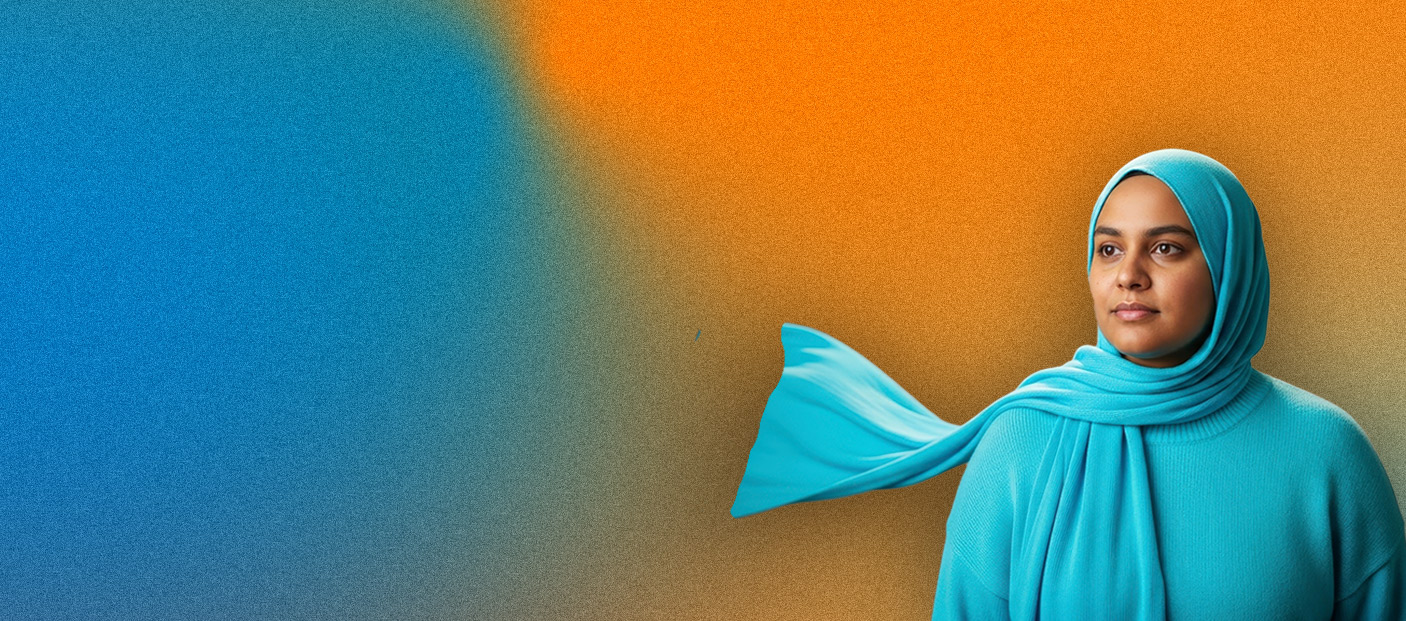

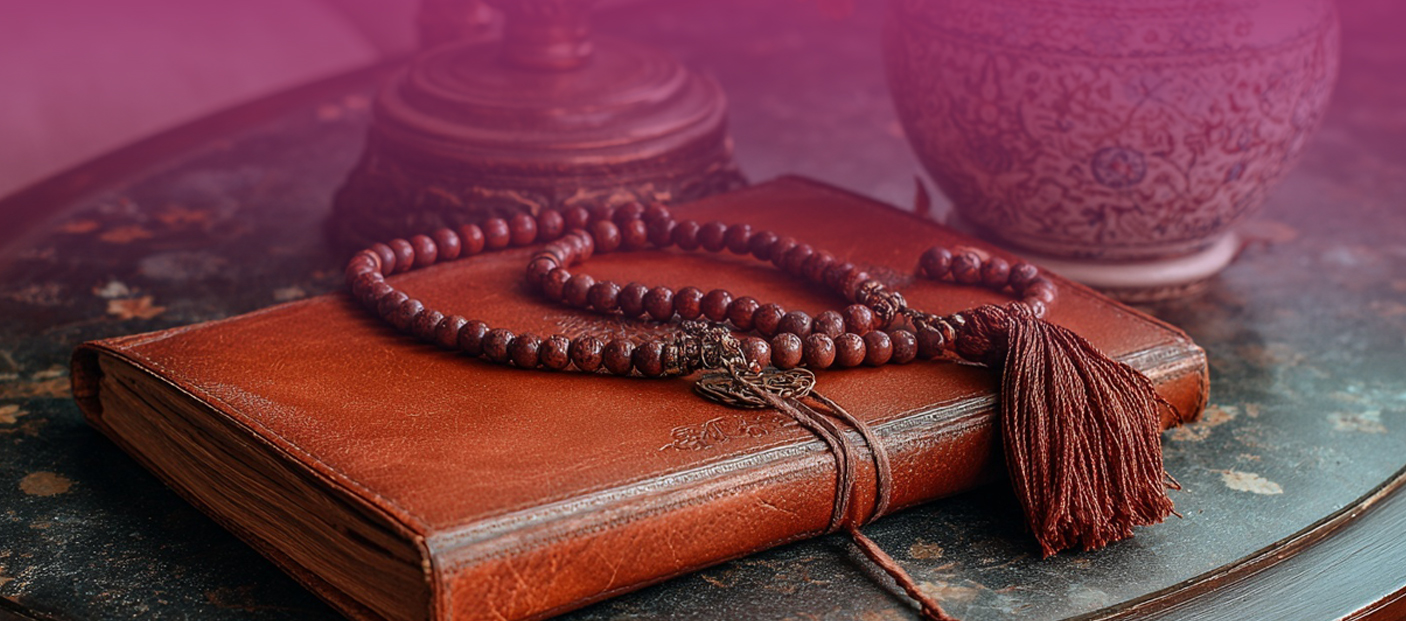



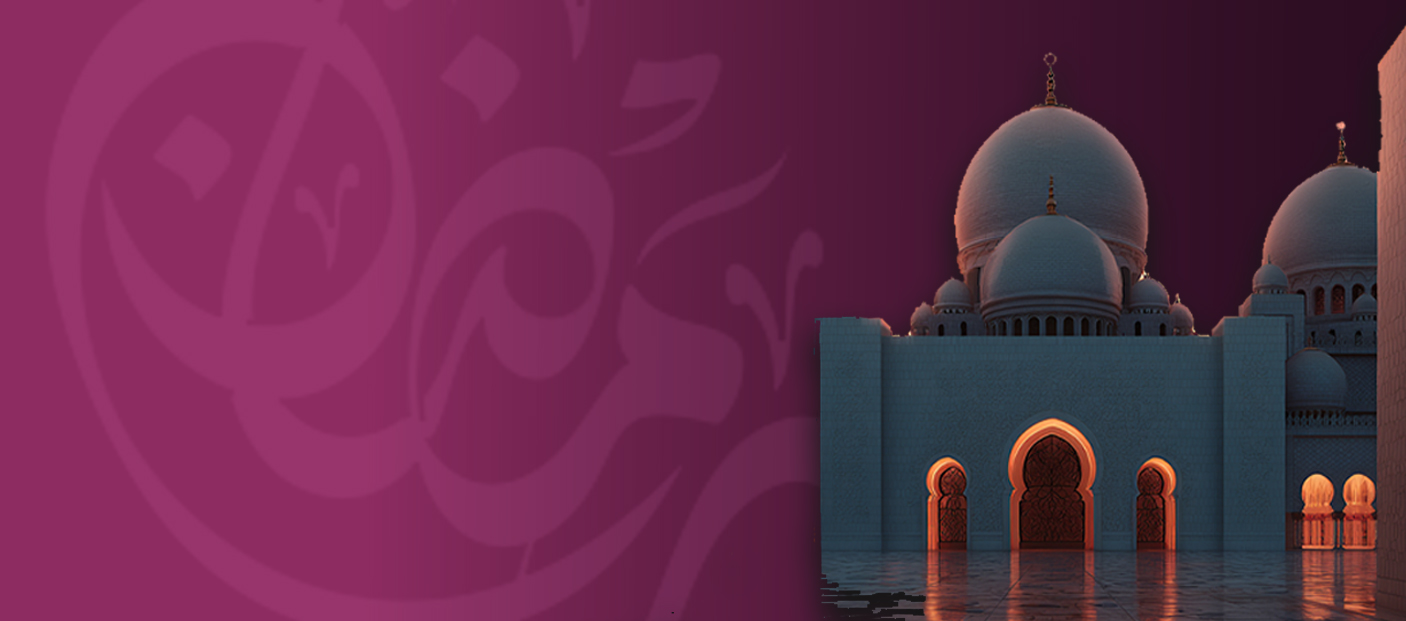
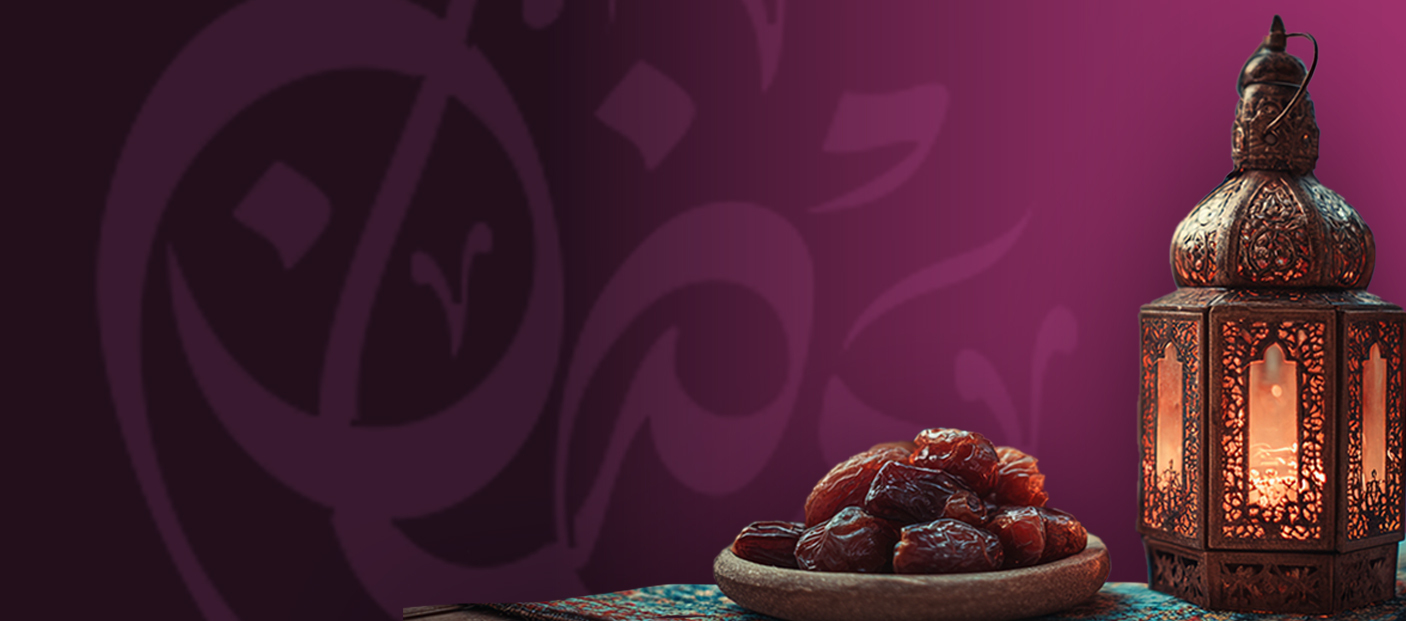
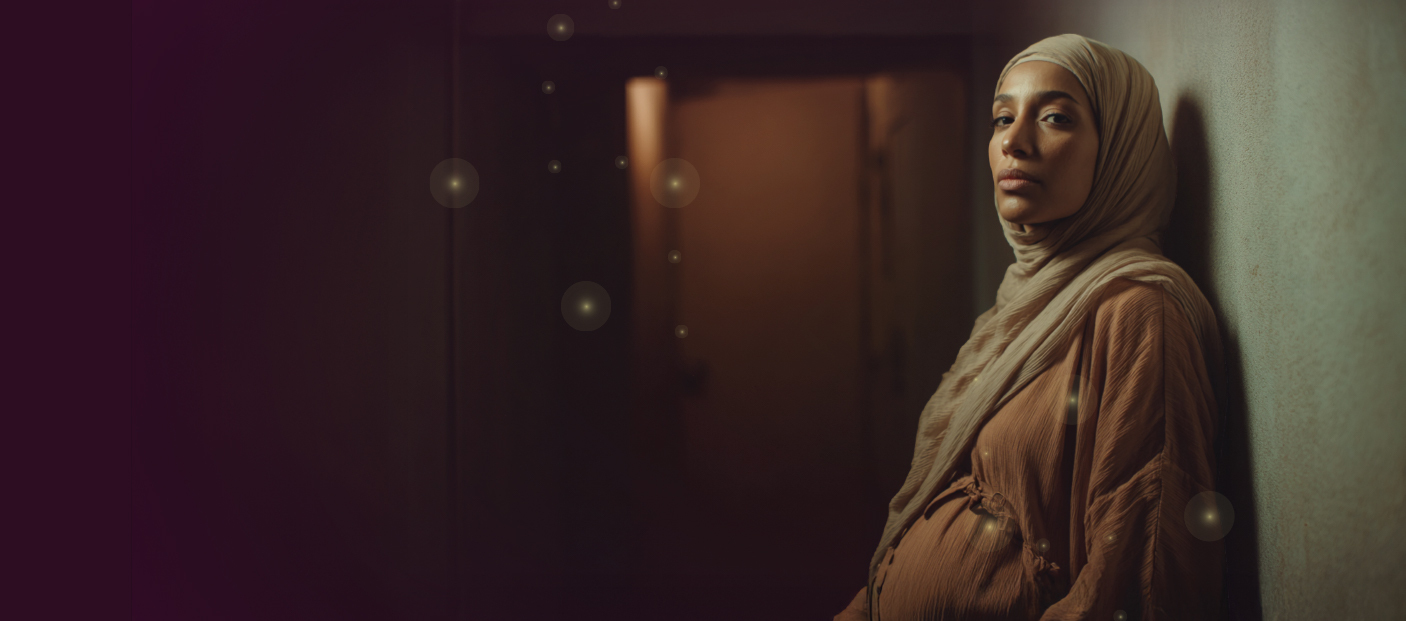
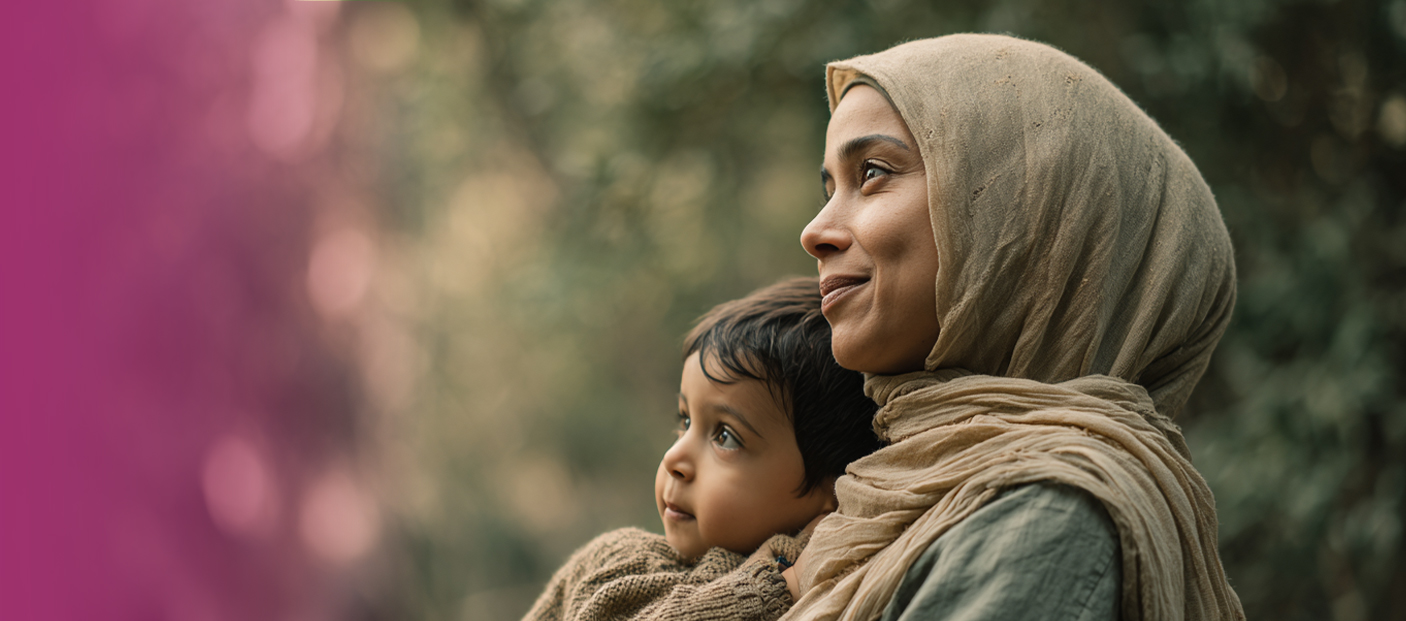
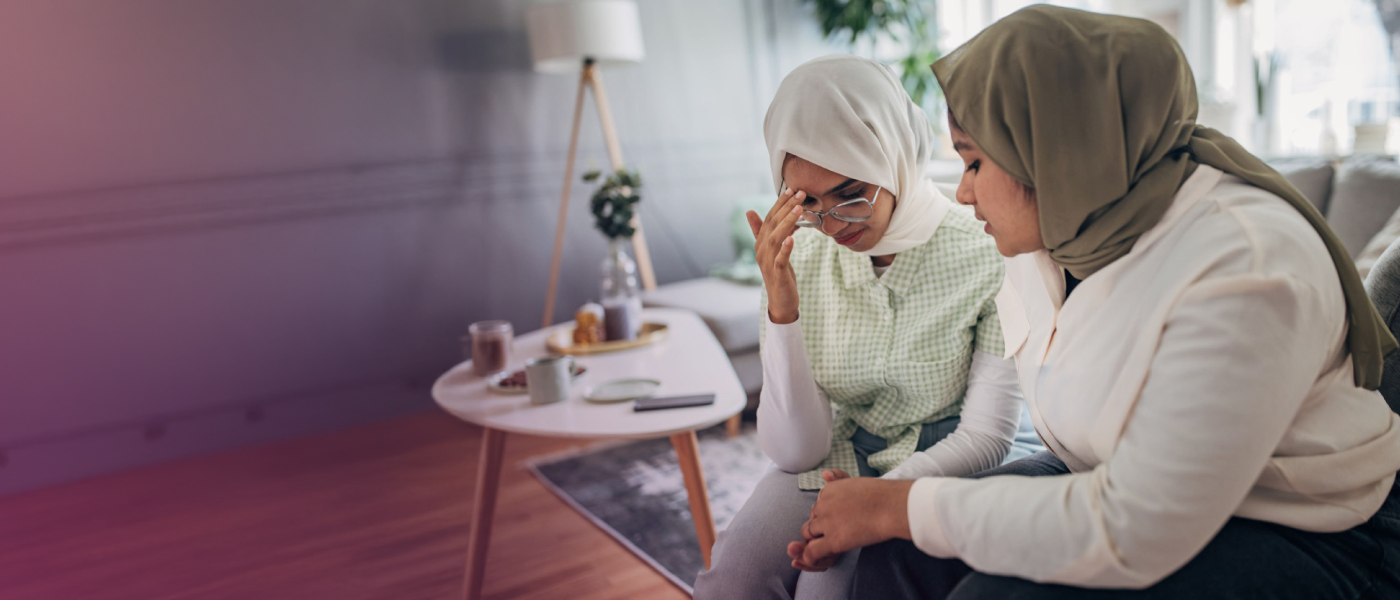


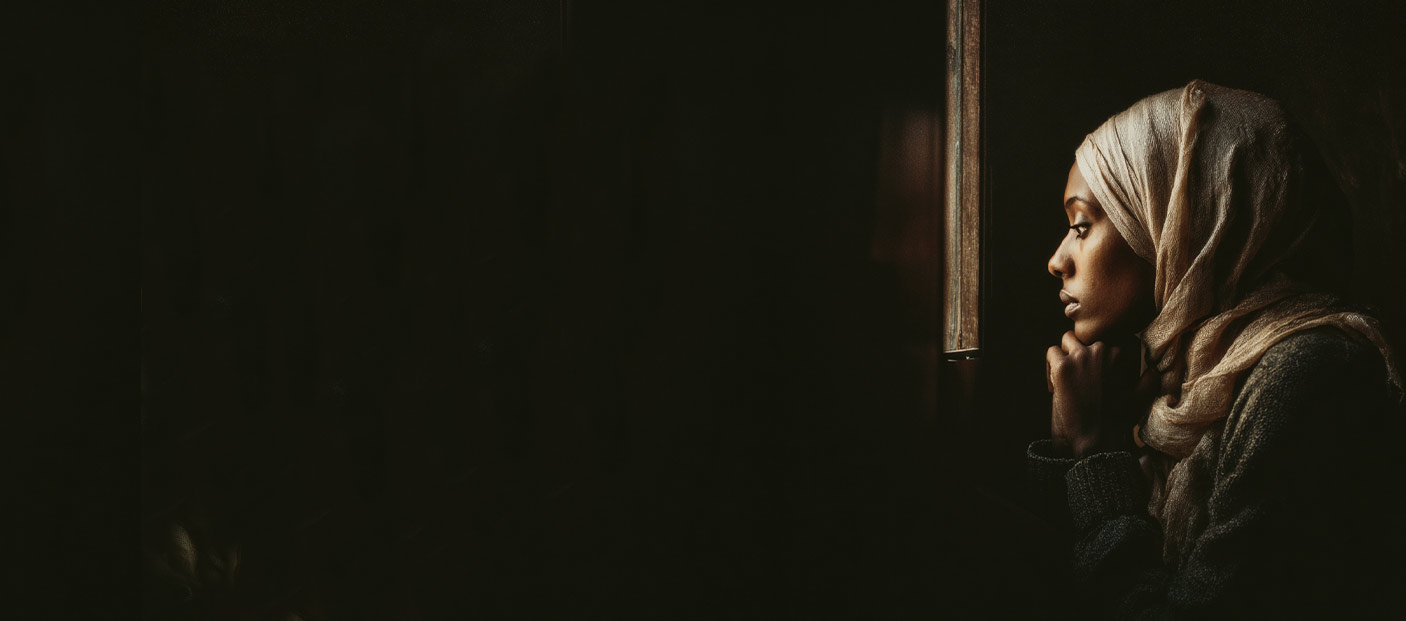






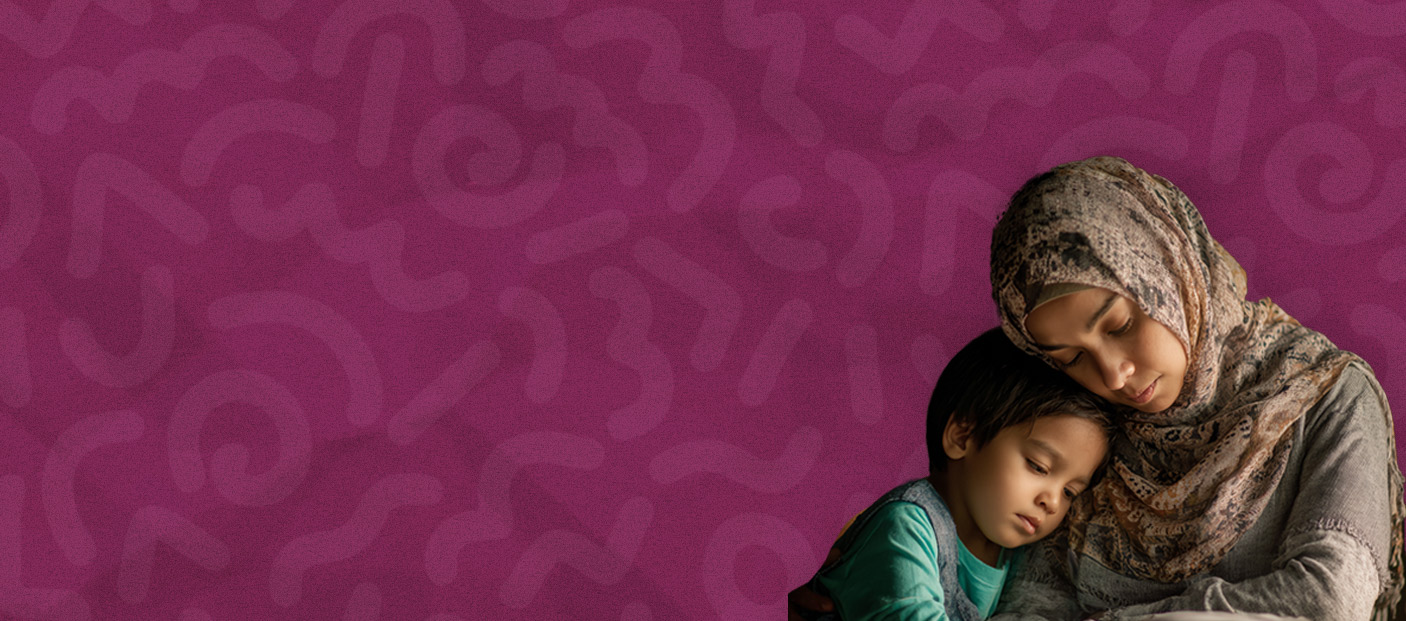









.jpg)


.jpg)




















.jpg)








